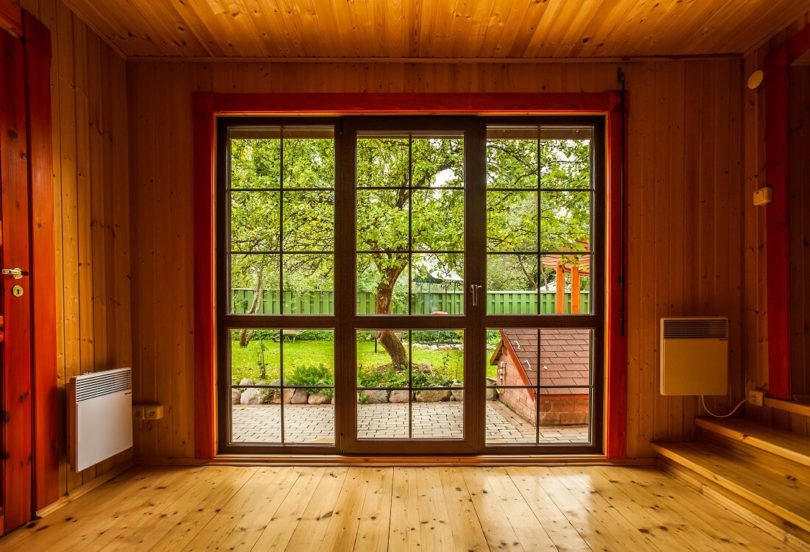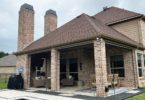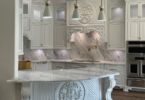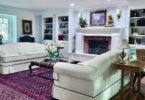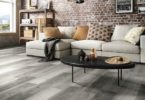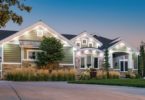BENEFITS OF LAMINATE
Today’s laminate looks so realistic, you’ll find yourself asking, “Is it laminate … or is it hardwood?”
It’s laminate, all right – the stylish result of continuing breakthroughs in modern technology and manufacturing methods. There are styles that convey the authentic look of wood or the classic appeal of ceramic tile.
Various shades and finishes allow you to choose the wood look down to the species, and now laminates are mimicking hardwood even more. Some laminates offer beveled, distressed, and highly textured options – giving your laminate floor not only the look of hardwood, but the feel of it, too.
Laminates are inherently “green,” because they use fewer resources and far less wood in their manufacture. And because they’re durable – some styles even offer 25-year warranties – you don’t have to replace laminate floors as often.
Consider laminate for a distinctive look that’s beautifully affordable … and affordably beautiful.
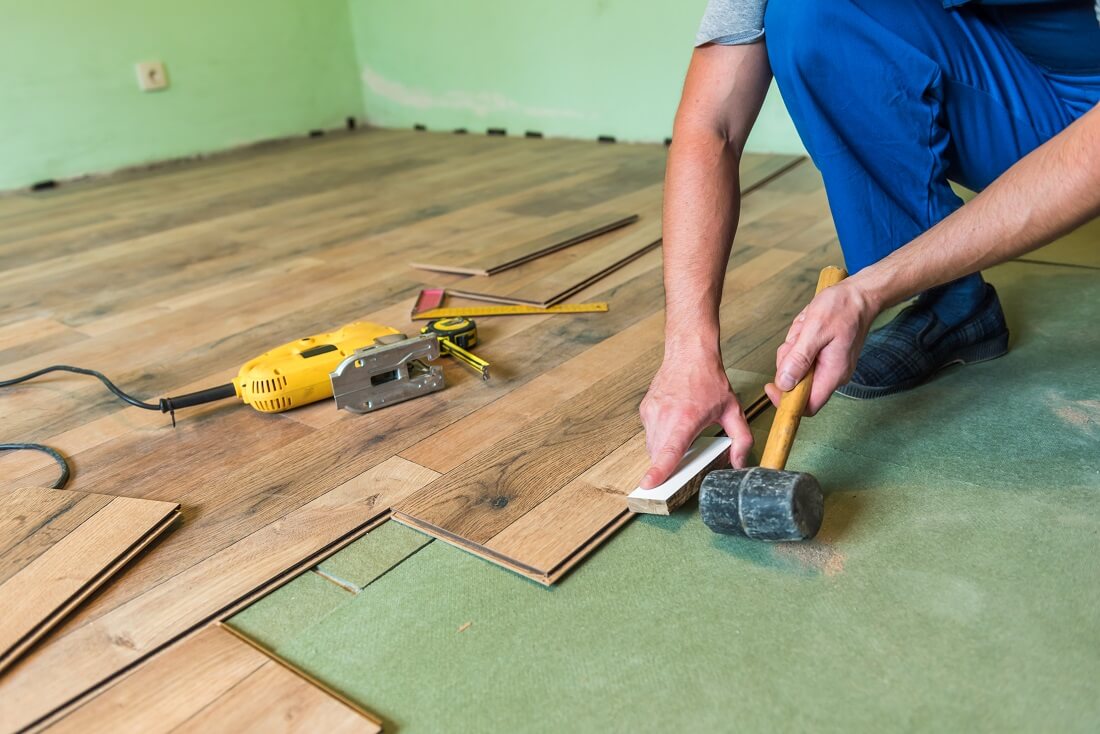
BENEFITS OF HARDWOOD
Beautiful and long-lasting hardwood floors make an elegant choice for nearly any room in your home. When choosing hardwood, the color, character, and construction type are the important factors to consider.
Color: The color of hardwood floors ranges from quite light to intensely dark – and everything in between. While, as a rule, lighter floors work well in contemporary settings and darker floors are elegantly at home in more traditional rooms, choosing is essentially a matter of preference.
Character: Naturally present in hardwood, grain variations help determine a wood’s “personality.” Dramatic grain suggests a rustic feeling. Historically, moderate grain variations are associated with the traditional. And hardwood with very little graining has a sleek, contemporary look.
Construction: There are two basic choices – solid or engineered. Solid planks are created from a single piece of wood and make a handsome floor that lasts for years. Engineered planks are made from several layers of wood (with a core of plywood or HDF) and are designed to withstand higher levels of humidity. This means they can go in some rooms solid floors can’t.
Note that there are many differences in finishes – gloss or luster level, scraping degree and technique, wire-brushing, etc.
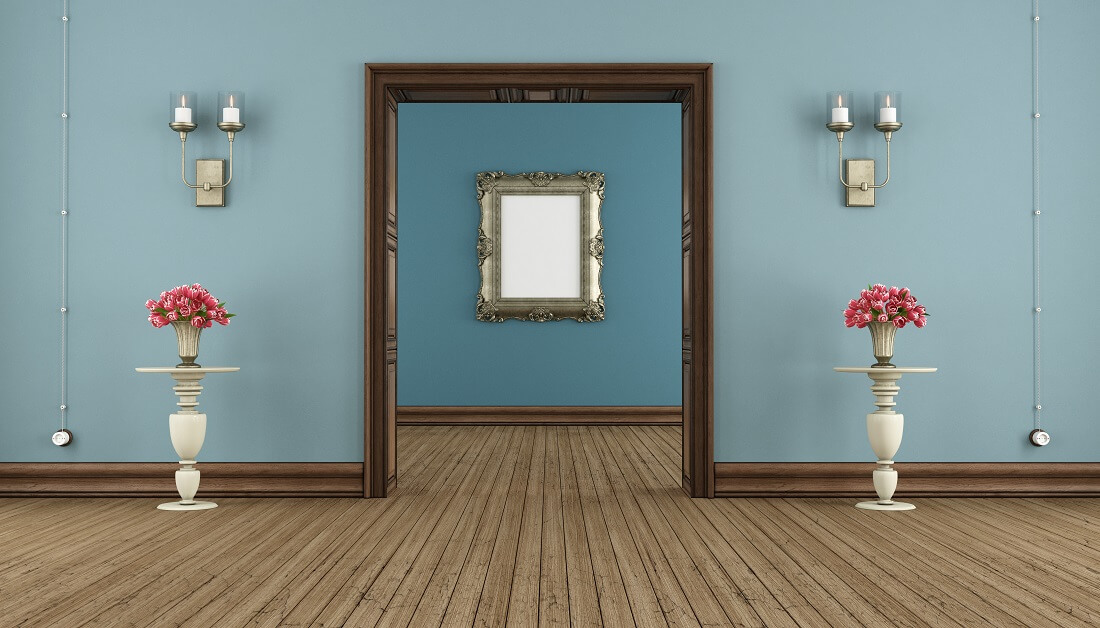
Provided by Gulf Coast Floors & Home Decor


